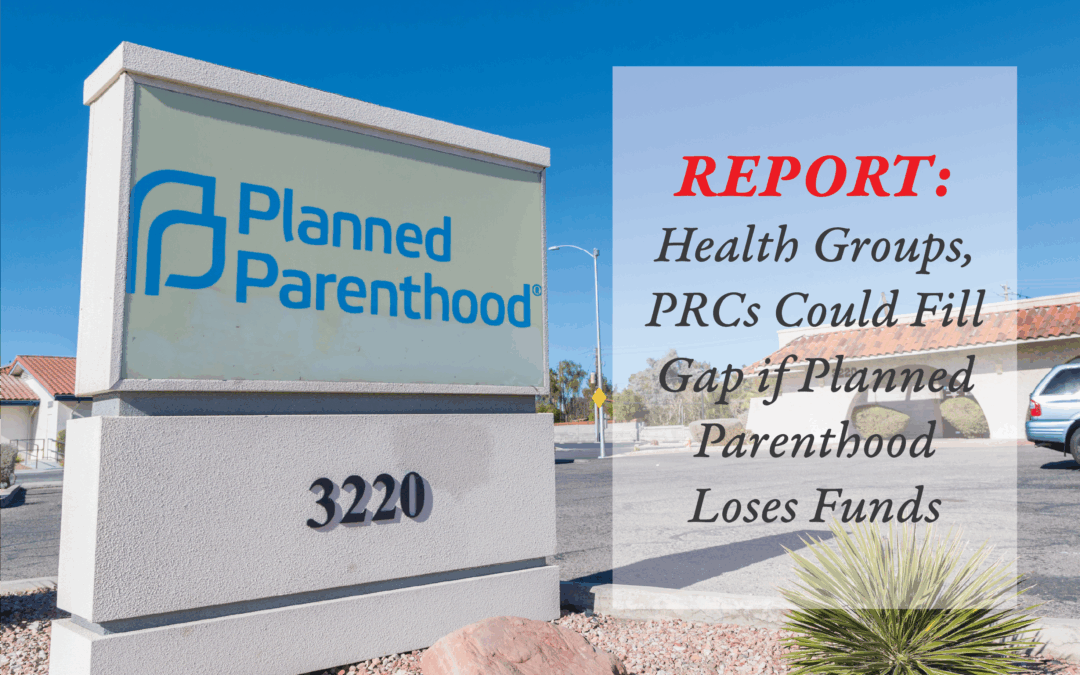As Planned Parenthood continues to fight state and federal cases over funding cuts, the organization argues that such actions would dramatically weaken or even shutter its centers, depriving millions of low-income and uninsured individuals of access to essential care.
However, a new policy research report from the Charlotte Lozier Institute disputes that claim, asserting that thousands of alternative providers—including federally qualified health centers, rural health clinics, community health centers, and pregnancy resource centers—already offer much of the same care. The report maintains that redirecting public funds to these non-abortion providers could preserve or even expand access to essential health services without subsidizing abortion.
The Charlotte Lozier Institute (CLI) analysis notes that Planned Parenthood’s primary focus is abortion rather than comprehensive health care and that defunding it would not harm women’s access to essential services.
“When Planned Parenthood has been defunded at the state level, state programs have adapted, and women have gone elsewhere for care,” the report states. “Planned Parenthood is the dominant abortion chain in the United States, responsible for more than 400,000 abortions a year.”
Planned Parenthood’s overall client base (the total number of individuals who visit its clinics for any reason — exams, contraception, screenings, etc.) has declined over the past decade, according to their own annual reports. However, the number of abortions performed has increased during that same period.
“Planned Parenthood’s real business, and its focus, is abortion. Redirecting Medicaid funding to the thousands of alternative women’s health providers will not prevent women from accessing health care; it means that taxpayer funding will go to providers of real health care, not the nation’s largest abortion chain.”
CLI, the research and education arm of Susan B. Anthony Pro-Life America, argues that an “alternative provider” ecosystem already exists to absorb demand when funding is reallocated from abortion providers. And pregnancy centers are part of that ecosystem.
“Pregnancy centers are a sometimes-overlooked option,” the report states. “Yet, they are an important part of the safety net for women and families, especially as they offer various kinds of assistance at no charge to clients.”
According to a survey by CLI, of the roughly 2,750 pregnancy centers operating nationwide, about 82% provided ultrasounds in 2022, more than one-third (36%) offered testing for sexually transmitted infections, and over one-quarter (28%) provided STI treatments. Additionally, more than one in ten centers offered fertility awareness-based methods (FABMs) to help women manage their fertility.
In 2022, Roland Warren, President and CEO of Care Net, celebrated the findings of CLI’s survey. Care Net’s network includes over 1,200 pregnancy centers in the United States and Canada.
“This data underscores the transformational influence that pregnancy centers have on communities nationwide,” he said. “These remarkable organizations serve as beacons of hope and support, tirelessly assisting hundreds of thousands of women and men each year. Through their efforts, they not only save the lives of precious unborn babies but also foster the formation of strong families and bring about positive change in countless lives.”
Regarding the current policy research report from CLI, organizations like Care Net can be thankful that data is debunking the Planned Parenthood narrative about the perceived value of abortion providers. Hopefully, federal funding will soon be redirected to where it can make the greatest impact — providing genuine health care to those who need it most.

